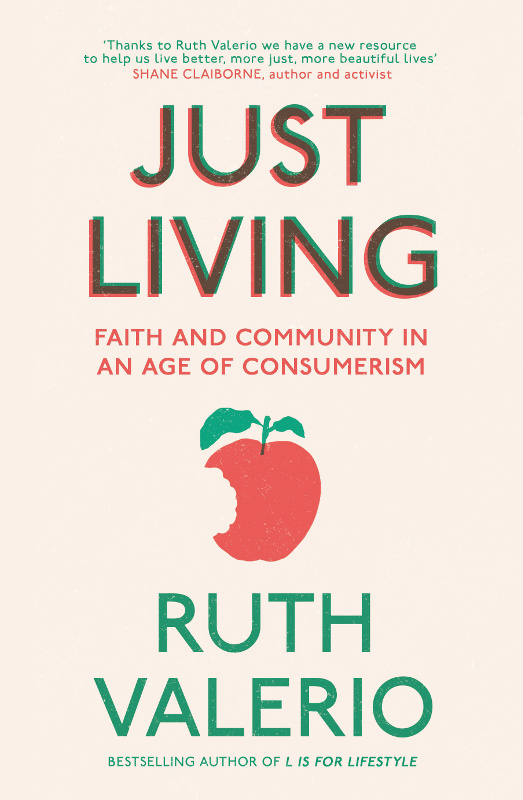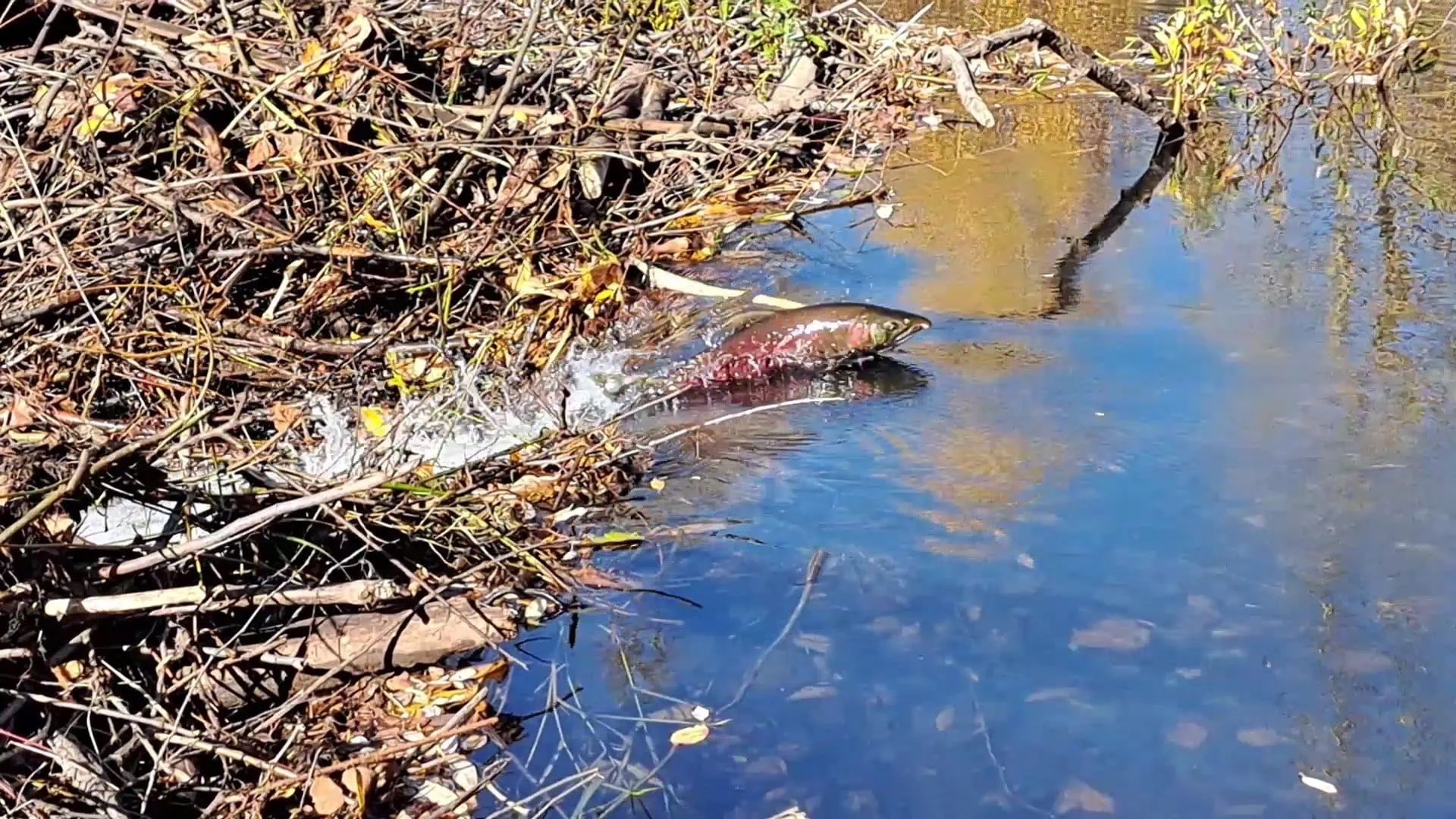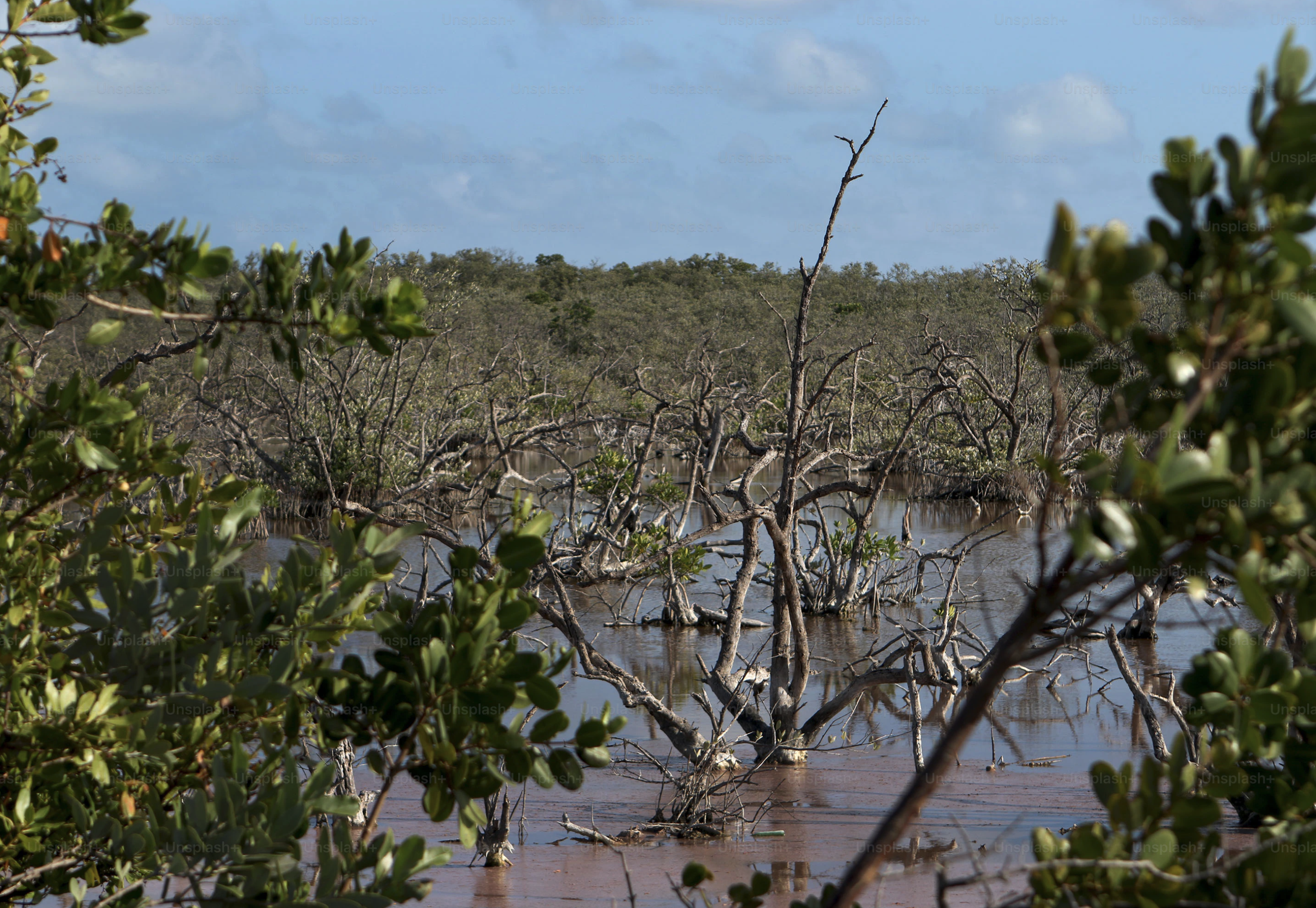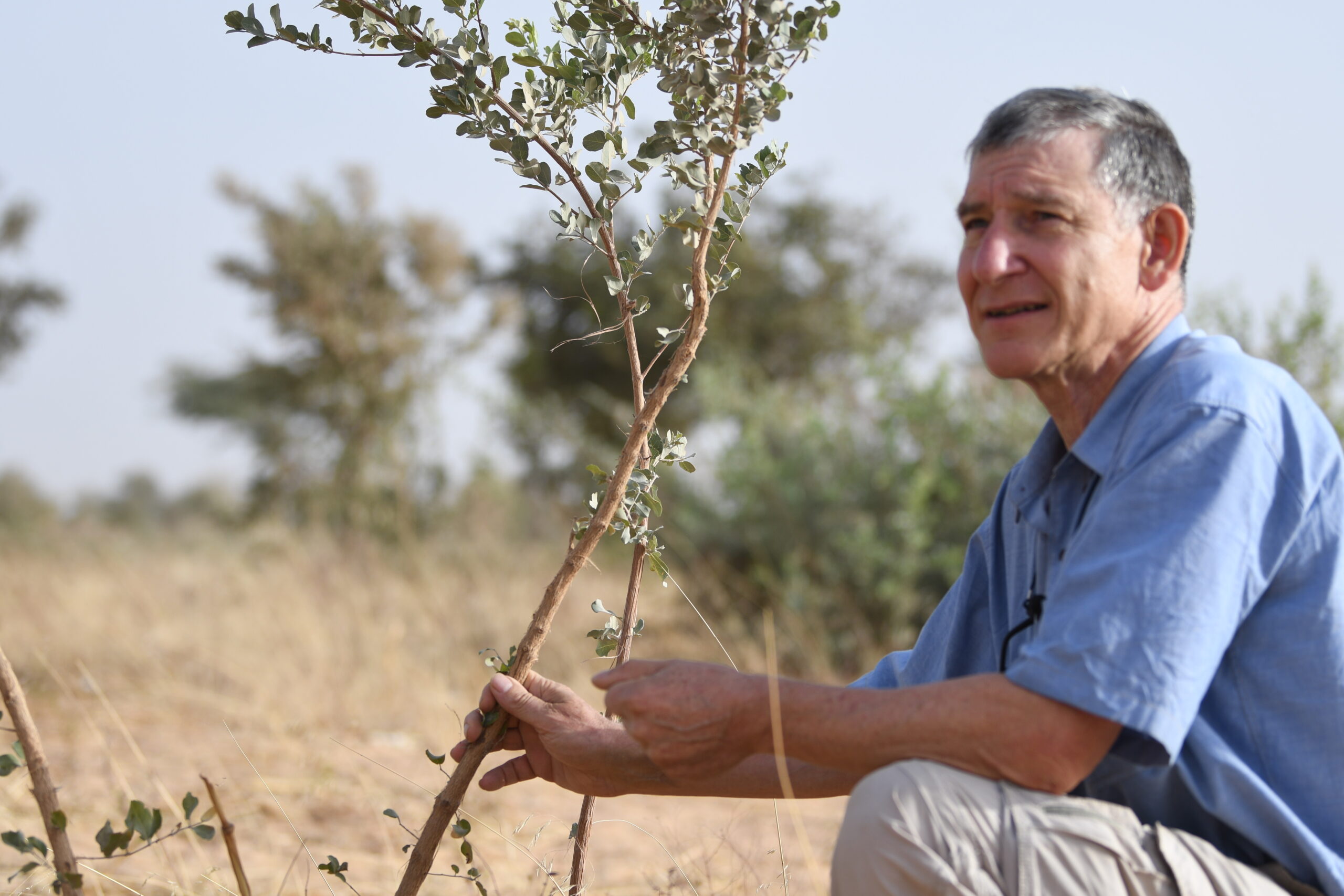Just living
For some years, we have holidayed as a family on Bardsey Island. Just 1.5 miles long, by half a mile wide, sitting two miles off the North West coast of Wales, it is a wonderful place. It has also been formational in my thinking around what it means to follow Jesus in today’s consumer culture, challenging me to reflect on how we live within the limits of this island we call earth; how I spend my time, and how I connect with the wider natural world.
As I write this, however, I am not on Bardsey, but sitting at the kitchen table of our terraced house on a Social Housing Estate. We have had dinner and our children are out at a youth group. I’ll need to go out soon in the car and pick them and their friends up.
A week or two on Bardsey may teach me some important things, but the challenge is how I live out what I learn in my everyday life. The reality, of course, is that most of us live in fairly ordinary places and we are trying to live our lives as best we can in those places: trying to do our best at work; keep our mortgages/rents and bills paid whilst putting aside something for the future; raise children (if we have them) as well as we can; keep our relationships steady, and not get too tired and worn out in the process. While we do that we face a cultural expectation that we should be upgrading and buying new things, moving gradually upwards in our lifestyle, and making sure that we – particularly women – look as beautiful as possible in the process.
At the same time, we want Christ to be at the centre of all we do and we know that should make a difference to how we live and to what we view as our life priorities. Added to all of this, we know only too well that we live in a world with incredibly complex problems: inequality, injustice, climate change, rising sea levels, energy crises, hunger, lack of access to clean water, species extinction, crashing fish stocks and so on and so on. Most of us have a deep sense that these, and other, issues cannot be ignored, and a deep desire to do something about them. The least we can do, we feel, is give some of our money to charities (and we are often pretty good at that), but we know it is not enough.
We have a feeling that there is a connection between how we live our lives, the culture we live in, our Christian faith, and the broader issues of this world, but sometimes it is all too much and, honestly, it is all we can do to make it through to the end of the day and collapse in front of the television with a glass of wine.
My new book: Just Living: faith and community in an age of consumerism looks at how those connections can be made and how living a connected life need not be onerous and burdensome, nor lead to a life of deprivation. What I have discovered is that joining the dots can be a lot of fun and can take you on an adventure you never imagined you would have. Yes it may lead to a life where you say ‘no’ to some things, but it also leads to a life where you say ‘yes’ to a whole lot more!
Here are my seven top tips to help you make a start:
- Ask God to keep your heart soft to global issues of need, and to show you how you can help.
- Change your diet so it is predominantly vegetable and grain-based, with a little meat and fish if you like.
- When you buy a treat for yourself, buy something for someone else too and bless them as well as yourself.
- If there is ever a fairtrade or ethical option when buying a product, choose that one.
- Get out your front door and get involved in a local community initiative.
- Do one thing in your work (or predominant life) situation to make it a more caring environment.
- Take ten minutes each day to sit in silence and root yourself in God.
We are happy for our blogs to be used by third parties on condition that the author is cited and A Rocha International, arocha.org, is credited as the original source. We would be grateful if you could let us know if you have used our material, by emailing [email protected].




